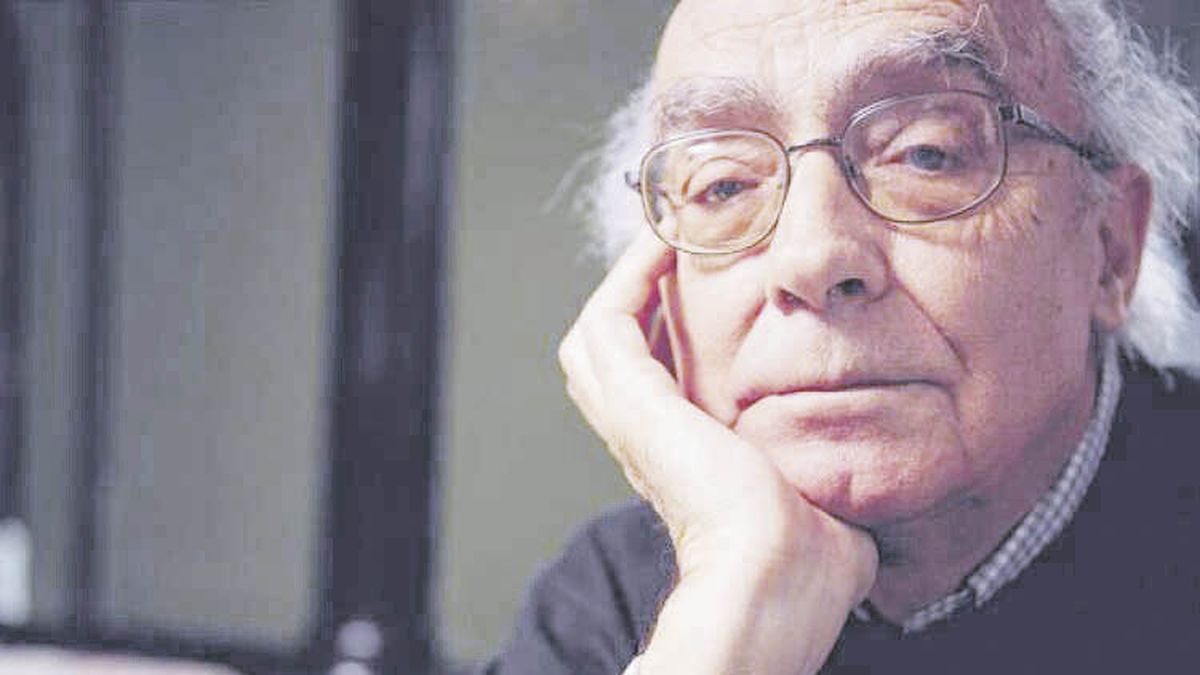The work went practically unnoticed in those years, as soon as a brief review appeared in a local newspaper, which sowed doubts about his decision to write, which deepened with the arrival of his second work, “Claraboya”, from 1953, which did not managed to publish more than in 2011, already established. That fact led him to choose silence for a long period of 20 years, until he began to publish poems, newspaper reports and novels. The work, which the author never wanted to be republished or translated into other languages, now returned at the request of his widow and translator, Pilar del Río, and the Portuguese professor Carlos Reis, who believed it was important that it be made known in Spanish this initial novel by the author of “The Gospel According to Jesus Christ.”
For Del Río, publishing this work is “an act of justice and historical memory”, and explained that the novel was not published before due to Saramago’s humility: “José did not want to do it, he said it was a youth work with nothing of style, and thought it might bewilder and confuse readers. It was a matter of humility, “added the widow, who said she had done” the same with ‘Skylight’, which reminded her of a very hard time and whose launch she always saw as a commercial operation. That is why he only allowed it to be published posthumously. When he sent that novel to publishers, he didn’t even get a response. So he understood that the problem was that he had nothing to say and he stopped writing for two decades. ” The recovery is linked to a fortuitous event, since the text appeared wrapped in paper, in the drawer of a dresser, of an old house that was going to be demolished in the Alentejo. “Raised from the ground” (1980), “The year of the death of Ricardo Reis” (1984), “The stone raft” (1986), “Almost an object” (1978), “History of the siege of Lisbon” ( 1989), and “All names” (1997) are other of his best-known titles.
In 1991 he published “The Gospel According to Jesus Christ”, which catapulted him to fame due to an unprecedented controversy in Portugal -which is considered a secular republic-, when the government vetoed his submission to the European Literary Prize that year, claiming that “Offended Catholics.” In an act of protest, Saramago left Portugal and settled on the Canary Island of Lanzarote, and in 1995 he published one of his best-known novels, “Essay on Blindness”, made into a film in 2008 under the direction of Fernando Meirelles.
Source From: Ambito
David William is a talented author who has made a name for himself in the world of writing. He is a professional author who writes on a wide range of topics, from general interest to opinion news. David is currently working as a writer at 24 hours worlds where he brings his unique perspective and in-depth research to his articles, making them both informative and engaging.




